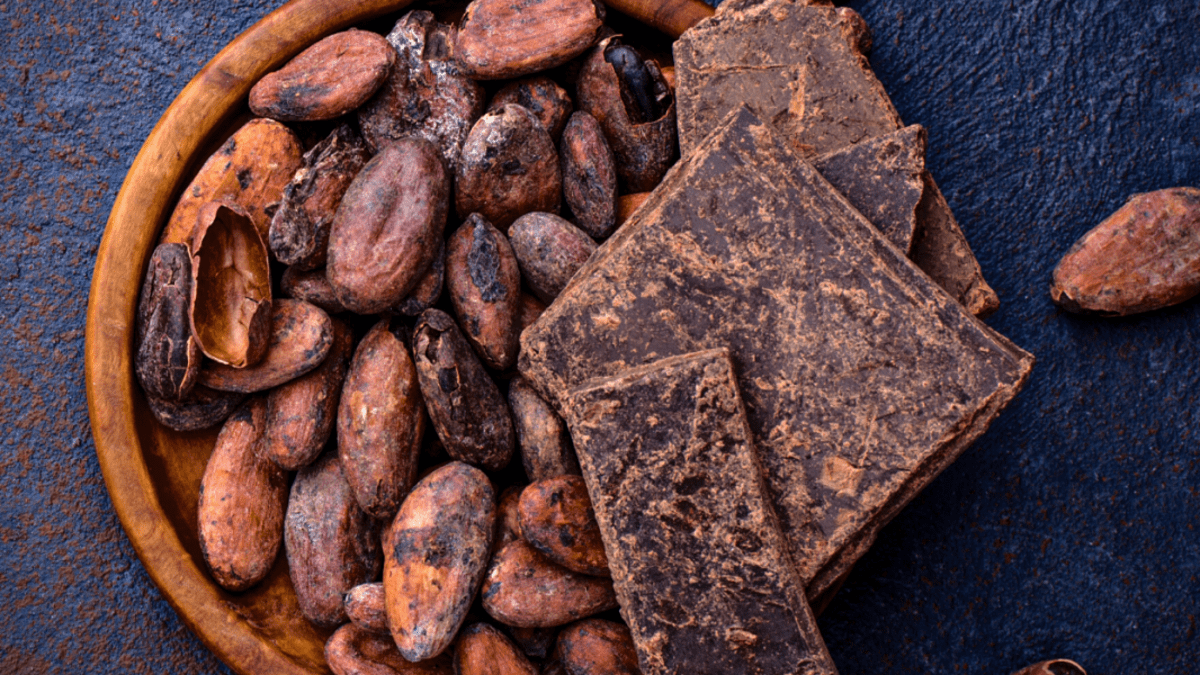Chocolate, a beloved treat enjoyed by people all around the world, has a rich and fascinating history that spans thousands of years. From its humble beginnings as a bitter drink in ancient civilizations to its current status as a beloved modern delicacy, chocolate has undergone a remarkable journey that has shaped its cultural significance and culinary appeal. In this article, we will explore the captivating history of chocolate, delving into its origins, its transformation over the centuries, and the allure it holds in our lives today.
The Origins of Chocolate in Ancient Civilizations
Long before chocolate became the sweet treat we know today, it had its origins in ancient civilizations. The story of chocolate begins with the discovery of cacao beans in the tropical regions of Central and South America. The ancient Mayans and Aztecs revered cacao, using it to create a precious beverage enjoyed by nobles and warriors during ceremonies and rituals.
The Arrival of Chocolate in Europe
The exploration of the New World led to the encounter between European explorers and the indigenous people of Mesoamerica. The Spanish conquistadors were introduced to the delights of chocolate, and they brought this exotic beverage back to Europe, where it quickly gained popularity among aristocrats and royalty.
The Industrial Revolution and Chocolate's Mass Production
The invention of the cocoa press in the 19th century revolutionized chocolate production. It allowed for the separation of cocoa butter from the cacao solids, leading to the creation of cocoa powder. With the development of this technology, the mass production of chocolate became possible, making it more accessible to people worldwide.
Chocolate's Evolution into a Global Sensation
As chocolate gained popularity, chocolate houses and cafés became social hubs in Europe. The introduction of the chocolate bar by Fry's and Cadbury in the 19th century further democratized chocolate consumption, making it an affordable treat for the masses.
The Story of Chocolate Brands
Cadbury, a household name in the chocolate industry, played a pivotal role in the development of the chocolate market. Their innovative marketing and production techniques set the stage for the success of other chocolate brands that followed, including Hershey's, which became synonymous with chocolate in the United States.
Chocolate in the Modern Age
Today, chocolate is associated with indulgence and pleasure. Its availability in various forms, from gourmet chocolate truffles to artisanal chocolate bars, speaks to its enduring popularity as a delightful treat for people of all ages.
Chocolate in Culinary Delights
The versatility of chocolate has made it a staple in the culinary world. It is a cherished ingredient in a wide range of desserts, from classic chocolate cakes to innovative creations like molten lava cakes and chocolate fondue. Additionally, chefs have embraced the art of pairing chocolate with unexpected flavors like chili, sea salt, and exotic fruits.
Chocolate and Health
The health benefits of chocolate have been a topic of debate for many years. While some studies have suggested that dark chocolate may have positive effects on heart health and mood, it should be consumed in moderation due to its high sugar and calorie content.
Sustainability in the Chocolate Industry
The demand for chocolate has led to environmental and social challenges in cocoa farming regions. Efforts are being made by various chocolate companies to promote ethical and sustainable sourcing practices to ensure the long-term viability of the chocolate industry.
The Ritual of Chocolate Consumption
Chocolate holds a special place in celebrations and festivities worldwide. Whether it's Valentine's Day, Easter, or Christmas, chocolate is often exchanged as a symbol of affection and joy. Furthermore, many people have a strong emotional connection to chocolate, associating it with comfort and happiness.
The Art and Science of Chocolate Making
The process of making chocolate is a meticulous art that involves multiple steps, from harvesting and fermenting cacao beans to tempering and molding the final product. Chocolate tasting has also become an art, with experts appreciating the complex flavors and aromas that different chocolates offer.
The Role of Chocolate in Popular Culture
Chocolate has left an indelible mark on popular culture, finding its way into literature, film, and various cultural traditions. It has been used as a metaphor for pleasure, temptation, and desire, shaping narratives and characters in numerous stories.
The Future of Chocolate
The chocolate industry continues to evolve, with ongoing advancements in technology and production methods. As consumer preferences change, new flavors and formulations emerge, pushing the boundaries of what chocolate can be.
Chocolate Tourism
Chocolate enthusiasts can indulge their passion through chocolate tourism. Visiting chocolate museums, factories, and plantations provides an immersive experience into the history and production of chocolate. Additionally, chocolate festivals and events around the world celebrate this beloved delicacy.
Conclusion
From its humble beginnings in ancient civilizations to its global popularity today, chocolate has come a long way on its fascinating journey. This delectable treat continues to captivate our taste buds and hearts, bringing joy and comfort in every bite. As we savor each piece of chocolate, we are reminded of the timeless allure and cultural significance of this extraordinary creation.
FAQs
Is chocolate a recent invention? No, chocolate has a history that dates back to ancient civilizations, where it was consumed as a bitter beverage.
What made chocolate popular in Europe? The Spanish conquistadors introduced chocolate to Europe, where it quickly gained popularity among aristocrats and the elite.
Are there health benefits to eating chocolate? While dark chocolate has been associated with potential health benefits, it should be consumed in moderation due to its sugar content.
How is chocolate made? Chocolate production involves various steps, including harvesting, fermenting, roasting, and grinding cacao beans into cocoa mass, which is then processed to separate cocoa butter and cocoa solids.
How has chocolate influenced popular culture? Chocolate has become a symbol of pleasure and desire in literature, film, and cultural traditions, enriching stories and characters.



.png)
.png)
.png)
.png)

.png)





This post very nice and wonderful
ReplyDeleteThis post very nice and wonderful
ReplyDelete